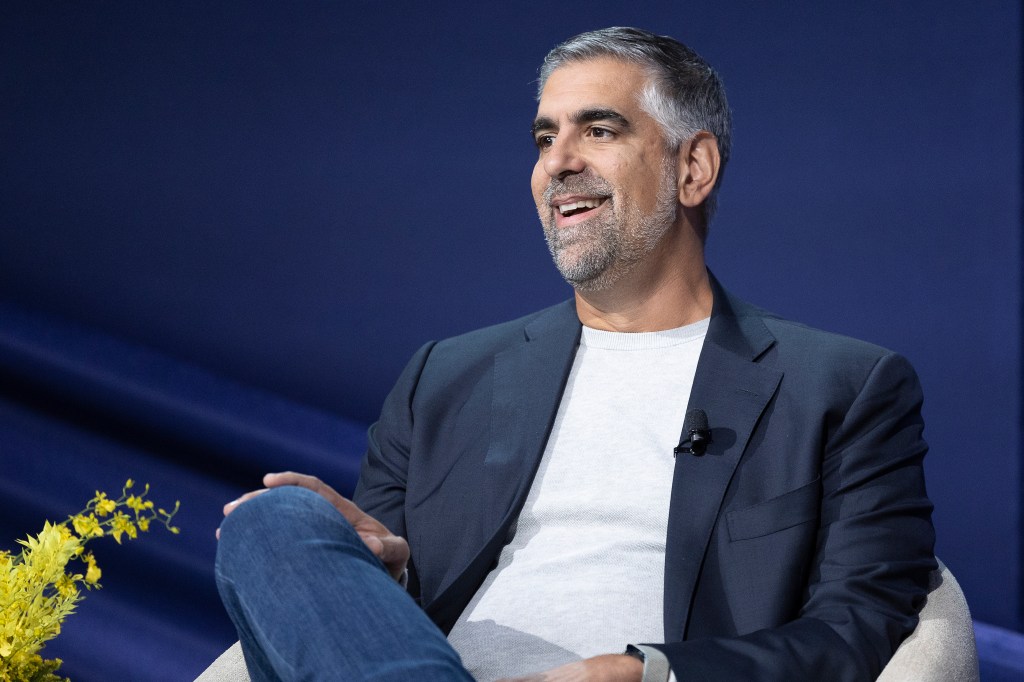Companies have been making major investments in AI in the last year, hoping to streamline processes both in-store and online. Though the technology has been adapted quickly, Kevin Fried, industry director of retail at Google, told the audience at the WWD Apparel & Retail CEO Summit that there are still a lot of questions surrounding AI.
“There’s a ton of noise in the press about [AI] and I don’t envy everyone’s position and trying to figure out how to navigate this,” said Fried, who with a quick poll of the audience, found that while many agreed it was important to invest in AI, hardly anyone in the room felt they had a great handle on how they would do that and how they will get started next year.
To help provide a better sense of the technology, Fried said he likes to share two examples of ways that AI has proved meaningful. The first is AI’s use with satellite imagery to begin to define the boundaries of wildfires, which has led to more effective firefighting and timely house evacuations that save lives. Similarly, AI has been used to look at cancer imagery for its ability to predict and diagnose much earlier.
What both of these examples show is AI’s ability to make sense of the tail of data and make informed predictions accordingly. “In the end though, it is human beings making sense of that data and doing something about that data that is ultimately most important,” said Fried. “Thinking about this as a powerful tool that allows you to make predictions, but also needs human beings to be able to activate on it is what it’s all about.”
Importantly, Fried explained, there is great value in separating the concept of predictive AI and generative AI. While generative AI has been given a lot of attention in the last year, applauded for its ability to unlock creativity, predictive AI has the potential to impact companies the most.
Moreover, Fried joked that it may be “a potentially provocative statement for everyone in the room, but I think for your consideration, AI should probably be the most boring thing that you do in 2024.” In a lot of ways, he said, a ton of new AI solutions are popping up and while some of those are incredibly interesting and experimentation is positive, “foundationally using AI to impact marketing efforts and the different divisions within your business is going to be what’s ultimately critical.”
Fried said he is excited about AI’s capabilities when it comes to understanding the consumer-decision journey in a deeper way.
“For forever, marketing has existed in the form of a marketing funnel that we are all very familiar with and driving awareness consideration through conversion,” Fried said. “I think we all really do know that that is not how people actually buy things — they go on a much more complex nonlinear decision journey that’s omnichannel in nature. The reason we used the funnel was because we didn’t have the data insights or technology to be able to interpret the consumer decision journey in a meaningful way. Now, we do.”
For all companies, technology and the ability to run predictive AI allows the interpretation of the consumer decision journey in a more meaningful way with very real implications. Marketing can become a profit lever for organizations. “That produces a really significant shift in how you begin to think about the company overall,” Fried said.



